- Category
- War in Ukraine
How Russia Exploits Deceased Africans' Identities to Spread its Propaganda Across the Continent
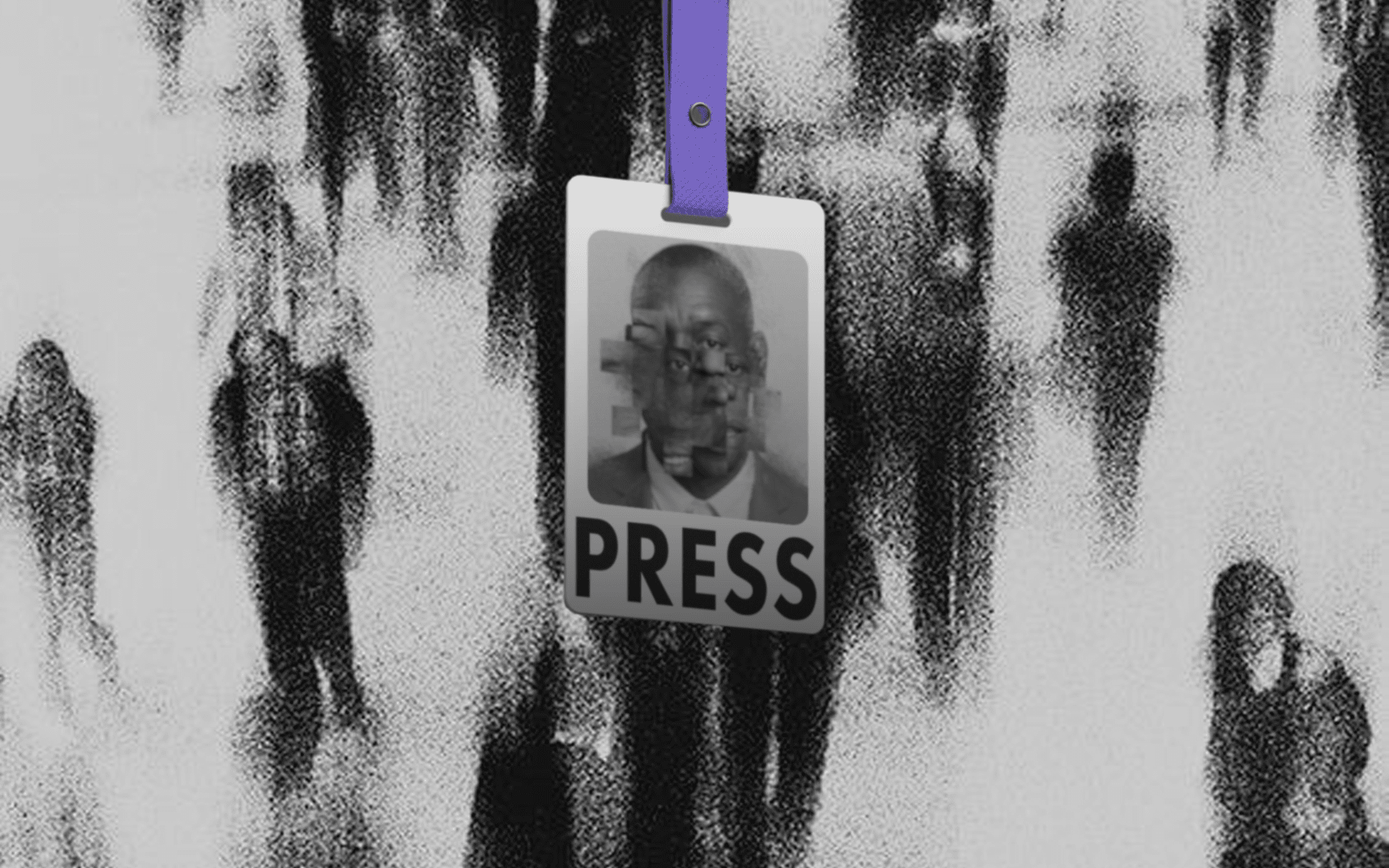
An investigation has uncovered a Russian information operation that uses the identities of deceased individuals, posing as journalists and experts, to spread Russian propaganda against Ukraine . What do we know, and why is Russia targeting Africa?
A recent Al Jazeera investigation revealed that Russian propaganda operations were stealing the identities of deceased people in Africa to create fake profiles of “writers” and "experts" to spread pro-Russian propaganda across West and Central Africa.
The “writers” have published hundreds of pro-Russian articles in several countries where the Russian military and their private military groups are operating, as part of their latest information campaign. Al Jazeera’s I-Unit has called those behind the operation “ghost reporters.”
Jean Claude Sendeoli, a teacher at a secondary school in Bangui, Central African Republic (CAR) and a referee for the country’s FIFA football federation, died in September 2020. FIFA named him in its 2020 obituaries, and according to Al Jazeera, students posted messages on the school’s Facebook page “to remember their much-loved teacher.”
Even after he was laid to rest, his identity was not.
Al Jazeera
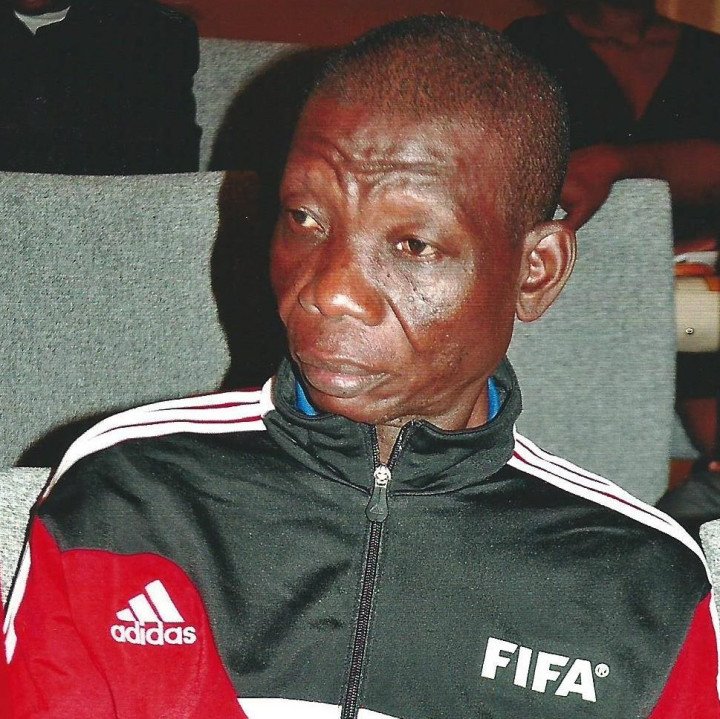
In the years following, photos of Sendeoli became part of a pro-Russian propaganda campaign, using his image to create a fake writing profile claiming to be a geopolitical expert whose articles had been published in media outlets in more than a dozen African countries.
The photos and videos of his final farewell helped Al Jazeera’s investigative unit uncover the propaganda campaign.
Stealing the identity of a “much-loved teacher”
According to his social media profile, Gregoire Cyrille Dongobada claims to be a military observer from CAR. Al Jazeera found that “he’s published at least 75 articles, mainly about the political situation in Francophone Africa.”
His articles feature headlines such as “The fruits of cooperation between Russia and the Central African Republic” and “France’s jealousy of the successes of the Russian presence in Mali”. Almost all of his articles have a clear viewpoint that Russia’s soldiers are beneficial to Africa and that French influence is detrimental.
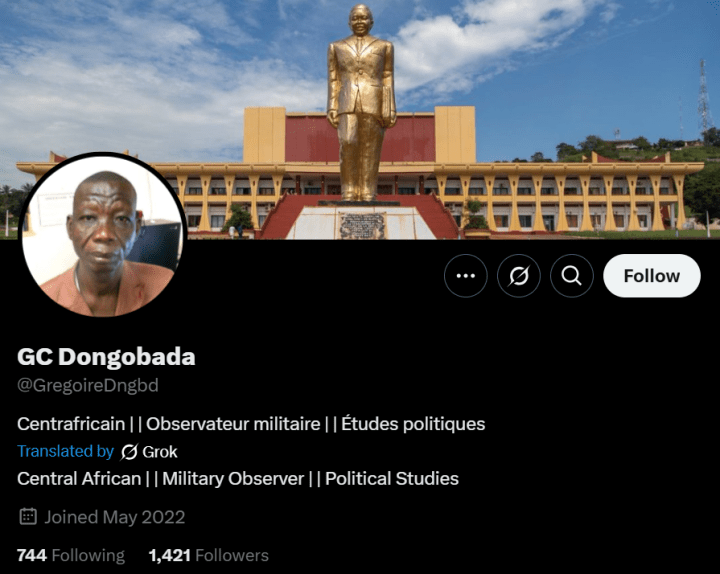
The I-Unit could not find links to Dongobada at any university, think tank, or private institution; there are no research papers or academic publications under his name. No news outlets that have published his stories have had direct contact with him.
The most crucial piece to the confusing puzzle surrounding Dongobada’s identity is that he uses a stolen image of the deceased Sendeoli as his profile photo. The photo, he likely stole directly from Sendeoli’s Facebook page.
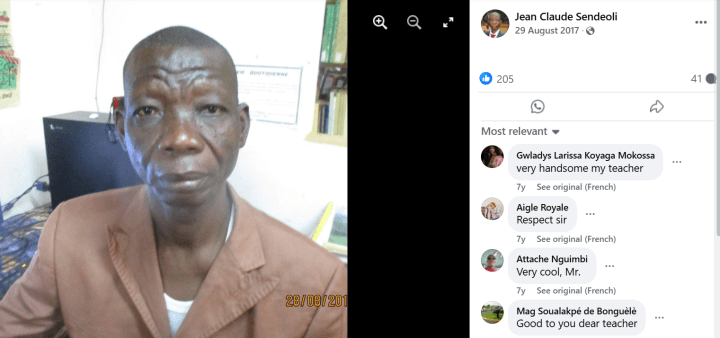
“Someone, whether a state or a nonstate actor, is using the identity of someone who’s died to do their own propaganda,” Michael Amoah, a political scientist at the London School of Economics, told Al Jazeera. Nina Jankowicz, a disinformation researcher, told reporters that she was surprised that they’d chosen a person who had died instead of a living person or artificial intelligence.
Key figures behind the propaganda machine
The investigation found more than 15 writers using someone else's identity, and at least 200 articles published since early 2021.
Most of the articles that the unit analysed were critical of France’s role in its former colonies but also “remarkably positive about Russia”. The articles appeared in countries where Russia has increased its presence, and some are led by military governments favourable towards Moscow.
Whatsapp messages between Dongobada’s supposed editor along with the Microsoft Word documents that contained the articles were analysed, and within the Metadata of all of the files, the first part was in Cyrillic . One of the documents had a 10-digit number in it, and its first digit showed the country code for Russia.
Using phone number finding applications, investigators found that it belonged to Seth Boampong Wiredu. Wiredu had reportedly moved from Ghana to Russia in 2008.
Tax documents revealed to reporters that by June 2019, he had obtained Russian citizenship. In 2020, Wiredu found a job working for a company known for its propaganda campaigns, the Internet Research Agency (IRA), based in St Petersburg.
The company had links to Russian intelligence agencies, and was founded by Yevgeny Prigozhin, then-head of Wagner Group .
In 2021, Wiredu appeared in a Russian action movie called Tourist. A film about Russian military operatives in CAR that was funded by the Wagner Group.
Russia’s influence strategy in Africa
Russia’s MO for a long time has been to identify fissures or grievances in society and to really tear at those fissures, to tear the fabric of society apart.
Nina Jankowicz
Disinformation Researcher
Russia has used African countries to create a vast network of Russian client states, generate new revenue streams by exploiting natural resources, and expand spheres of influence to offset the impact of Western sanctions.
Russia’s influence and operations in Africa have significantly expanded in recent years with the support of its private military groups (PMCs) such as Wagner. They’ve multiplied worldwide, establishing military footholds, altering balances of power, collecting intelligence, and waging aggressive violence.
Russian PMCs are quasi-state actors, intimately connected to, or even developed by, the Kremlin, providing Russia with the tools to globally expand influence and geopolitical goals.
They also serve as a tool to expand soft power and "Russian patriotism" among ideologically minded civilians.
Wagner Group, one of Russia’s most notorious private military companies, now rebranded as the Africa Corps, has become the go-to security group in several African countries, with its main base being located in CAR.
Central African Republic (CAR)
The Wagner Group (Africa Corps) continues to play a crucial role in supporting President Faustin-Archange Touadéra's regime in CAR.
The Wagner intervention has been pivotal in securing Touadéra's hold on power, who assumed leadership in 2016 amid a civil war and faces ongoing threats to his authority.
Russia’s first arms shipment to the country came in 2018, along with military advisers and Wagner Group mercenaries. Russia’s military support in CAR served as a blueprint for other countries such as Mali and Burkina Faso, who then also received support from the Africa Corps and other Russian private military groups.
Russia's newest colony of Central African Republic is participating in Putin's May 9th celebrations.
— Jay in Kyiv (@JayinKyiv) May 9, 2024
If you've not been paying attention, Russia has taken over several central African countries and that cannon fodder will be poured into European wars. pic.twitter.com/NtFgdzTMBO
Russian operatives launched several influence operations to cultivate pro-Kremlin views in local public opinion. From erecting billboards glorifying Russia, to sponsoring beauty pageants, and bribing members of parliament to oust the more anti-Russian speaker of parliament, the Human Rights Foundation reported.
“Russian activities in the country have exacerbated long-running lawlessness, corruption, violence, and human rights abuses with total impunity”, the Human Rights Foundation stated.
Burkina Faso
The Bear Brigade PMC was formed in Russian-occupied Crimea in 2023 and consists of 200-300 members. They arrived in Burkina Faso in May 2024 to support the junta following a military coup.
The brigade, composed of Russian army special forces, undertakes three-month missions in Burkina Faso and is supplied with weapons and equipment by the Russian Defense Ministry.
They operate parallel to the Africa Corps, although still under direct control of Russia’s Ministry of Defense. Additionally, the Russian government has partnered with Burkina Faso’s military junta to establish a nuclear power plant and provide economic support to the former French colony.
Mali
The Africa Corps’ presence in Mali is a key part of Russia’s broader strategy to expand its influence in West Africa. Russia offers military support in exchange for economic concessions and alignment with local regimes. The group provides essential security services and military training to the junta, which faces persistent threats from jihadist insurgents.
Alliances between the Kremlin and its African partner regimes, the Human Rights Foundation says, “have been detrimental to the citizens of the countries concerned.
Russia’s private mercenaries and hunger for natural resources have exacerbated human rights abuses, democratic erosion, corruption, and organized crime with total impunity. Simultaneously, ordinary citizens suffer the consequences of Russian disinformation campaigns.”
Russia’s “ghost reporters” are yet another propaganda information operation working to influence citizens of the countries in which Russia is targeting and currently running its military operations. “The idea is to give the guise of grassroots support to the pro-Russian viewpoint,” Nina Jankowicz said.
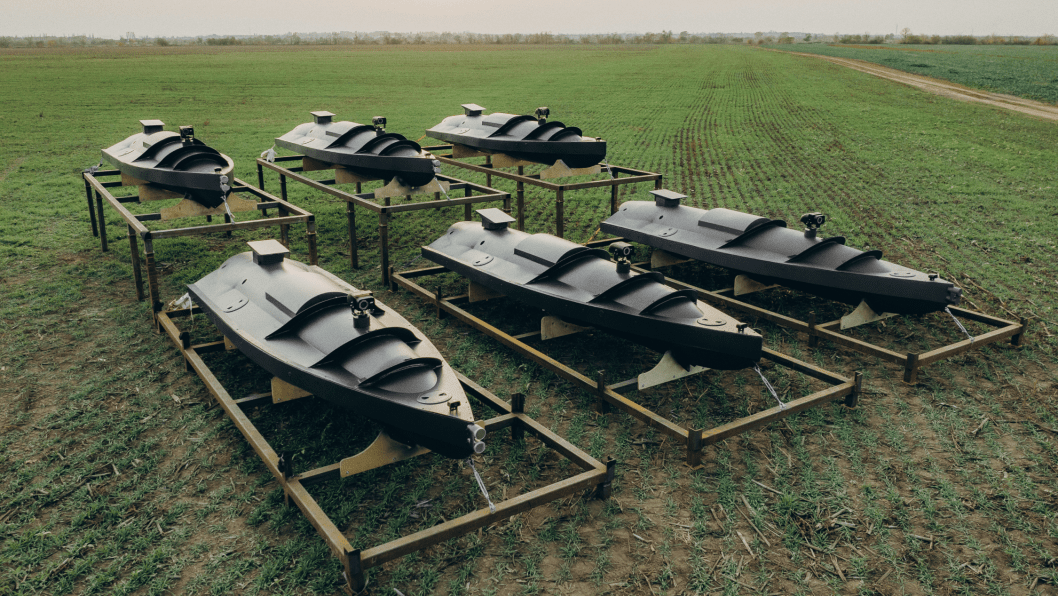
-46f6afa2f66d31ff3df8ea1a8f5524ec.jpg)

-554f0711f15a880af68b2550a739eee4.jpg)



-206008aed5f329e86c52788e3e423f23.jpg)
-1afe8933c743567b9dae4cc5225a73cb.png)